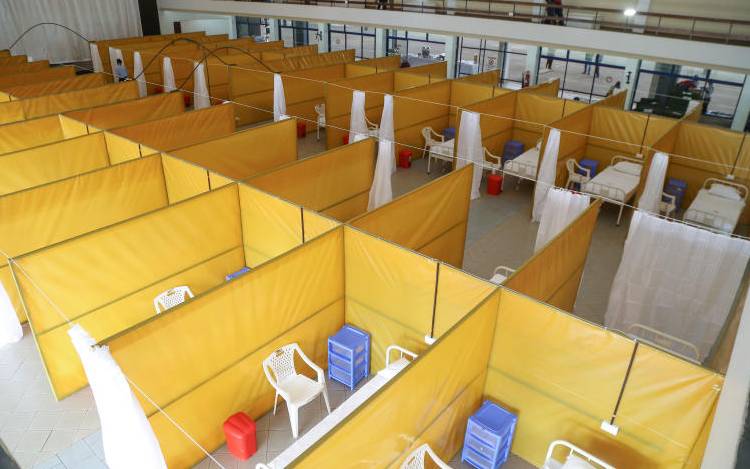×
The Standard e-Paper
Kenya’s Boldest Voice

A field hospital set up by Aga Khan University Hospital, Nairobi in preparation for patients surge. (Photo: Standard)
A new report by the World Bank has painted a grim picture of Kenya’s preparedness against the coronavirus pandemic.